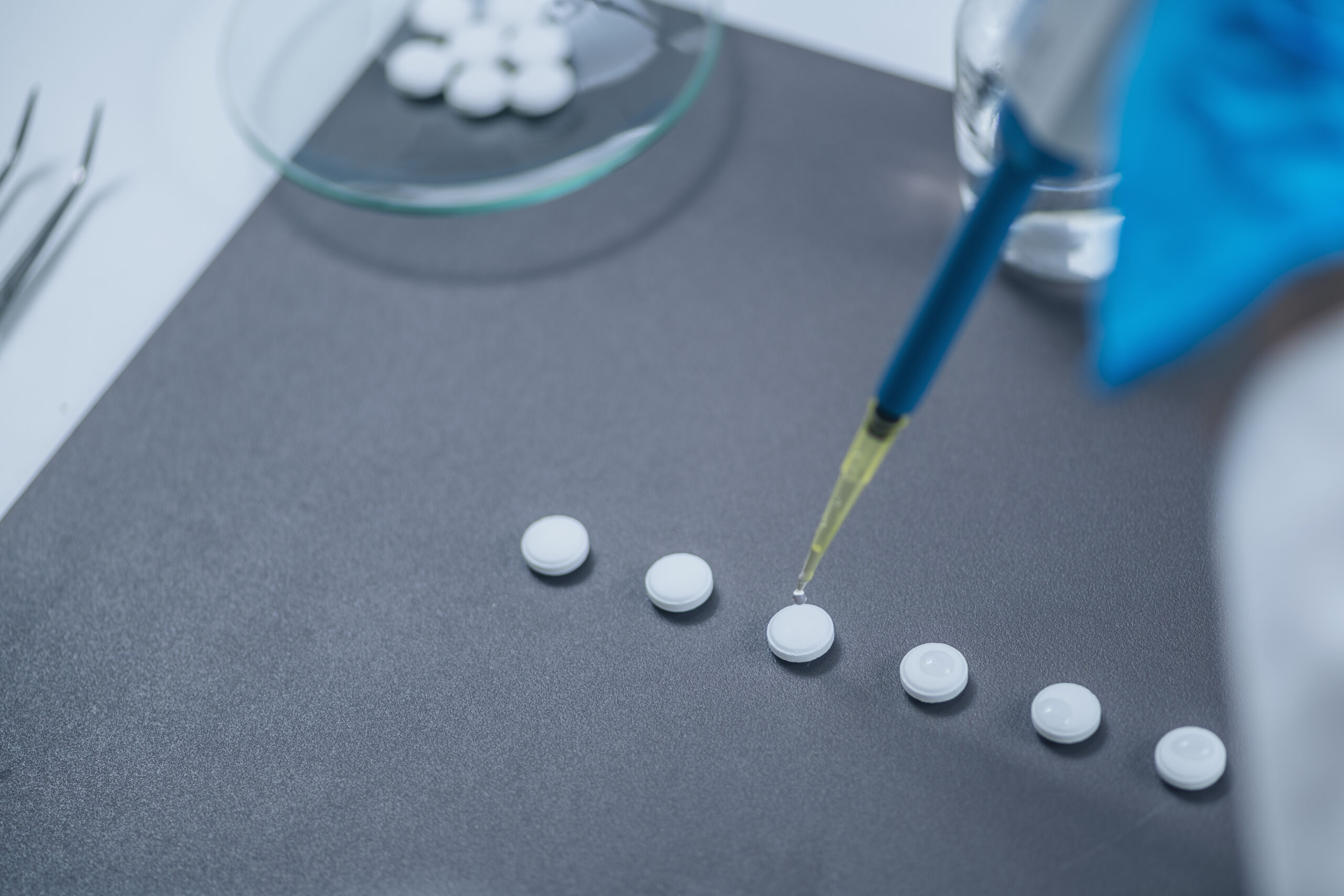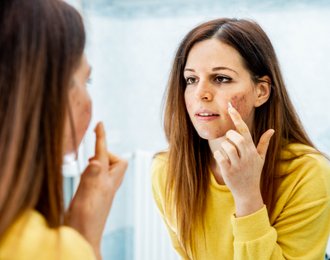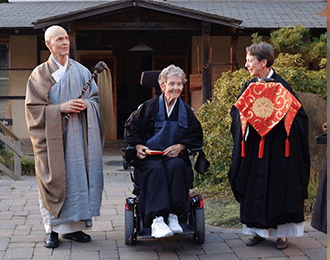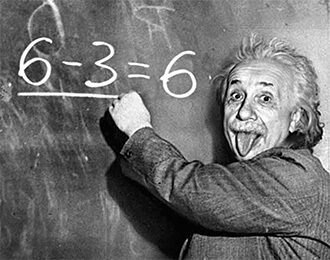Microdoses of psilocybin and ketamine enhance motivation and attention in rodent models relevant to depression

Psy Post – Updated for December 2021
Author: Eric W. Dolan
Low doses of psilocybin and ketamine can heighten food-related motivation and improve attention in poorly-performing male rats, according to new research published in Frontiers in Pharmacology. The new findings shed light on some of the potential benefits of microdosing, which refers to the consumption of very small and routine doses of a psychedelic drug.
“Based on my Pharma R&D experience, I’ve been interested in the pharmacological effects of low (micro) doses of NMDA antagonists in preclinical species for many years. More recently, this research led to our investigations with ketamine and psilocybin at InterVivo Solutions,” explained study author Guy Higgins, the company’s chief scientific officer and an adjunct professor at the University of Toronto.
“While there is anecdotal evidence for beneficial effects such as improved motivation and cognitive function of these drugs at low (micro) doses in humans, it is only now that they are beginning to be investigated in appropriately controlled trials. There is also very little preclinical research into low (micro) dose psychedelics. An objective of this work was to define these effects in rodents using behavioral tests that translate to those that can be adopted in humans.”
The placebo-controlled study examined the effects of various small doses of ketamine and psilocybin in rodent models. The researchers used a behavioral measure of reward processing and motivation (known as the Progressive Ratio Task) as well as a behavioral measure of attention and impulsivity (known as the 5-Choice Task.) Repeated testing of the rodents prior to the start of the experiment allowed the researchers to divide the rats into a “low” performers group and “high” performers group.
Higgins and his colleagues found that low doses of both psilocybin and ketamine were associated with increases in task motivation, attentional accuracy, and impulsive action — but only among rodents in the “low” performers group. This effect occurred at doses as low as 1 mg/kg for ketamine and 0.05 mg/kg for psilocybin.
“Currently, there is no real scientific consensus as to what microdosing of ketamine and psychedelics such as psilocybin actually means,” Higgins explained. “For example, what are the required plasma levels and dosing schedules necessary for best effect? What is the pharmacological mechanism for these effects? Are these effects clinically meaningful?”
“In the current study we have defined plasma exposures and behavioral effects of both ketamine and psilocybin in the low dose range, and in tests relevant to depression that are directly translatable to humans. This should facilitate their investigation in controlled human trials and hopefully provide a point of reference for future research.”
Although the microdosing of psychedelic drugs has shown some promise when it comes to improving mental health, most evidence is currently based on retrospective self-reports, which can be prone to errors and bias.
“The field of microdosing would significantly benefit from having a sound scientific rationale of mechanism, and most importantly, a demonstration of clinical benefit in controlled, well powered clinical trials in appropriate study populations,” Higgins explained. “Another important issue that needs to be addressed is safety. Although administered at low doses, ketamine and psilocybin would likely be administered on a frequent basis. Consequently, the safety profile of these drugs may differ from that in the macrodose range, where these drugs are only given on 1-3 occasions.”
“I’ve been involved in CNS Drug R&D in one capacity or another for over 30 years, and I have worked on many potential drug targets and contributed to multiple drugs entering development,” Higgins added. “I truly believe the psychedelic drug class either administered as psychedelic-inducing macrodoses allied to behavioral therapy, or as low (micro) doses, have the greatest potential for significant medical benefit relative to many other drug classes I have worked on. However, while the future is undoubtedly exciting, there is an immediate need for well controlled clinical trials to fully test, and hopefully realize, this potential.”
The study, “Low Doses of Psilocybin and Ketamine Enhance Motivation and Attention in Poor Performing Rats: Evidence for an Antidepressant Property“, Guy A. Higgins, Nicole K. Carroll, Matt Brown, Cam MacMillan, Leo B Silenieks, Sandy Thevarkunnel, Julia Izhakova, Lilia Magomedova, Ines DeLannoy, and Edward M. Sellers.





